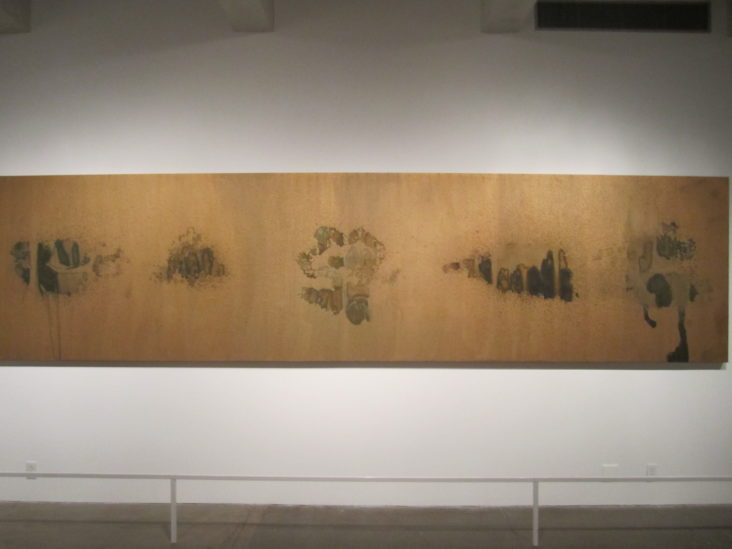I don’t remember where I came across this recently since the story is over a year old. Photographer Oliver Curtis embarked on an interesting project where he started taking pictures with his back to famous landmarks.
The project came about back in 2012, when Curtis was visiting the Pyramids of Giza. Upon turning around, he realized that he had never seen the “hidden side” of that well-known place. So, he began documenting these views in a project of his own…
In each of the photos in the series, captured over the past 4 years, the viewer is told where the photo was captured and is invited to look upon the scene without the smallest glimpse of the actual landmark that people visit from all over the world to see.
The full collection of images for the Volte-Face project are on the artist’s website. If you want the challenge of trying to guess where things are without the benefit of visible captions, you should view it there.
He has images facing away from the Statue of Liberty, The Great Wall of China, Taj Mahal, Buckingham Palace and dozens of other places.
What initially hooked me was his photograph facing away from the Mona Lisa. We hear tales of people rushing through the Louvre and crowding in front of the painting trying to get a picture. It either wasn’t crowded in the gallery when he took the picture or he stood with his back to the crowd. The sense of this is what you are missing if you focus solely on the famous was interesting to me.
I won’t claim to always be observant and absorb all my surroundings when I am visiting a famous place, but I think I do a pretty good job of taking in my surroundings.
What is sometimes surprising is just how mundane and unassuming some of the places appear when you have your back turned to them. The bench and pool in front of the Taj Mahal, you would expect based on pictures of the landmark. However, the fresh tree stump and apartment buildings taken while facing away from the Eiffel Tower makes you wonder how close to the structure he was when he took the picture. The same with the utterly unremarkable view away from the Wailing Wall in Jerusalem.



There is another way. The Gewandhaus Leipzig in Germany (concert venue) offers flex- tickets for a small premium. Not an…